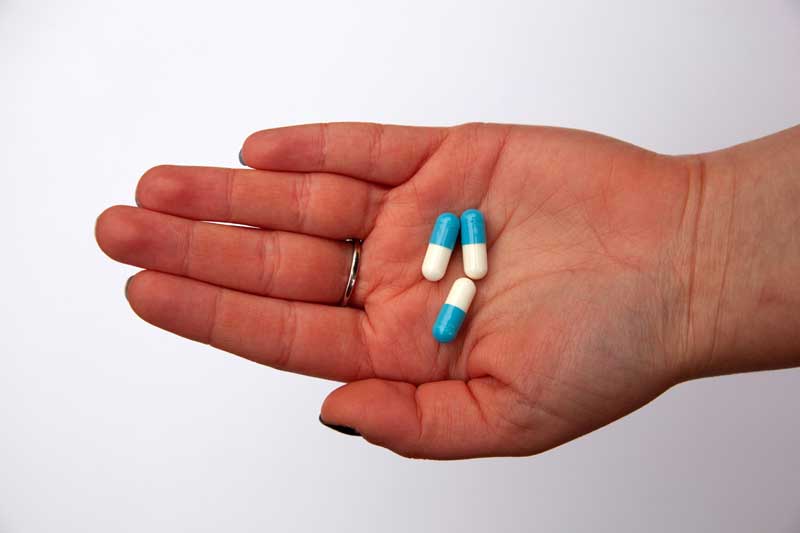ANTIBIOTICS are medications that are used to help us fight BACTERIAL infections.
When antibiotics are used to fight BACTERIAL infections, they help us recover, shorten duration of bacterial illness, and can save lives. It is appropriate to treat bacterial illnesses with appropriate antibiotic therapy. The type of antibiotic that is used to treat a bacterial infection depends on the type of bacteria, the location of the infection in the body, and most importantly, it depends on the patient’s specific needs.
Antibiotics are not meant to treat VIRAL infections. Not only are the antibiotics not effective if used in the wrong context, but they can cause harm. Different antibiotics have different side effects. Some people can develop allergic reactions to antibiotics that can be life threatening. Other antibiotics can alter the rhythm of the heart and can cause a life-threatening arrhythmia. There are antibiotics that can cause liver failure, kidney failure, and/or failure of other organ systems.
When antibiotics are used inappropriately, we suffer a great cost both personally and as a society. Overuse or misuse of antibiotics leads to antibiotic-resistance. What that means is that bacteria “learn” how to evade the antibiotic mechanisms of action and the medication is no longer effective when you really need it most. Consequences of this include longer duration of illnesses, more severe illnesses, more doctor visits, use of stronger antibiotics with more side effects, and higher chance of dying from a bacterial illness.

